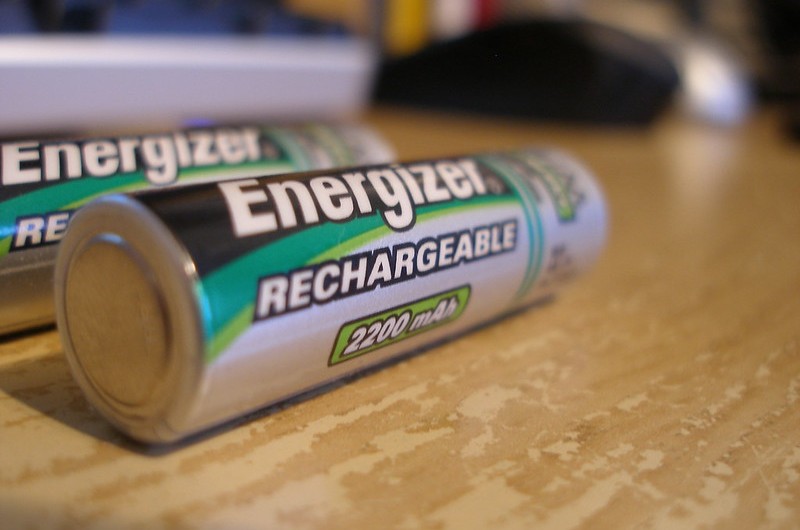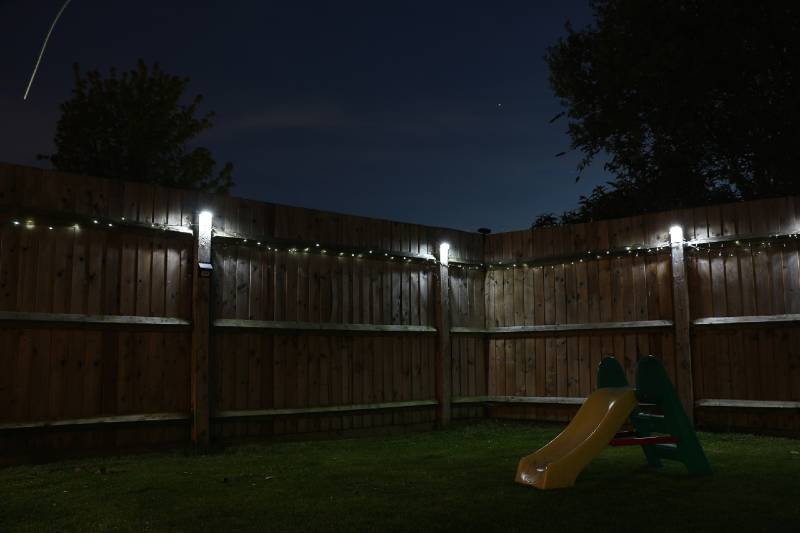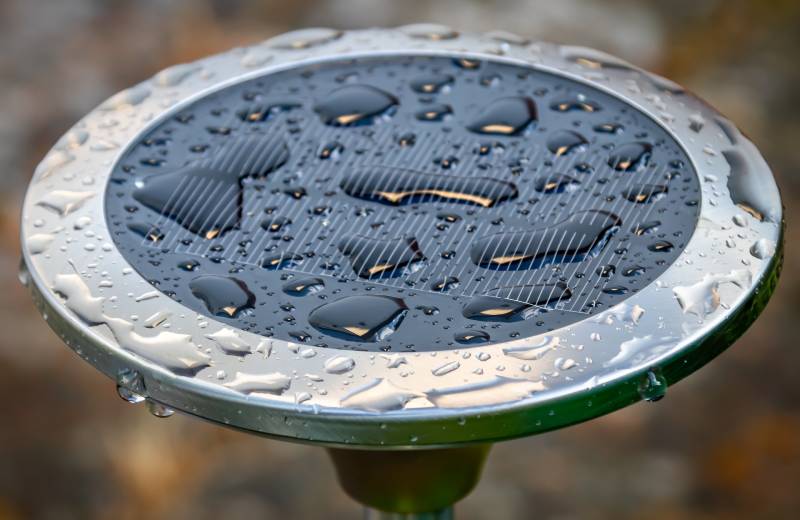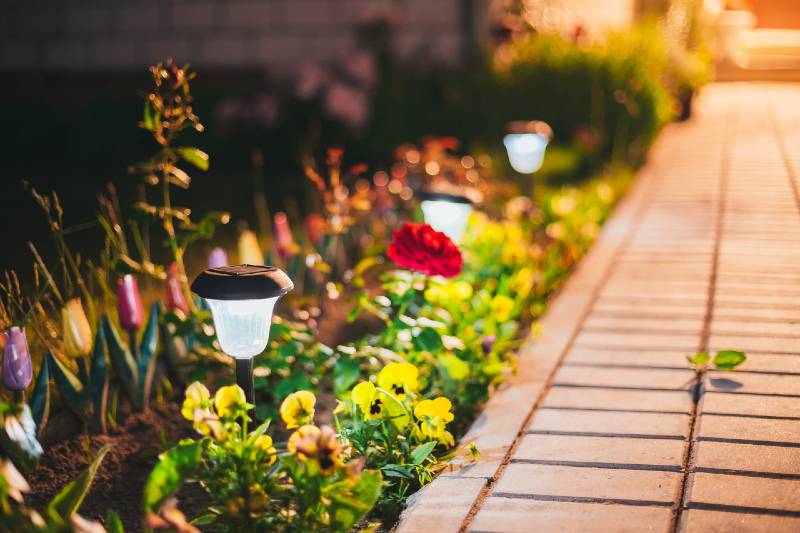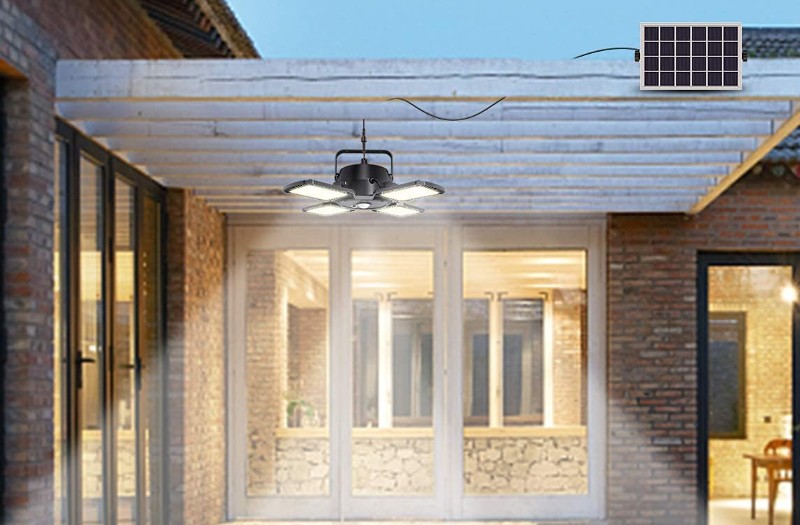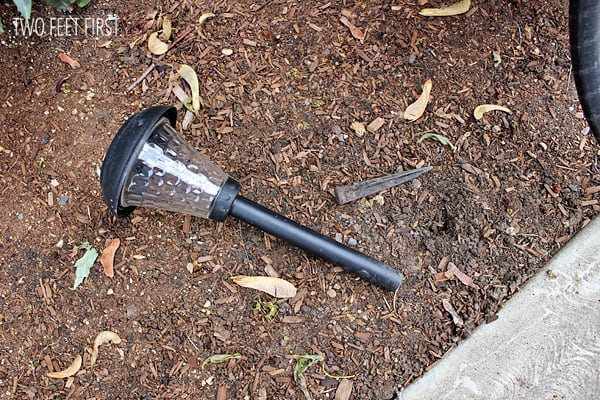Yes, solar lights do charge when turned off.
As long as the solar panel is exposed to sunlight, it will continue to absorb energy and charge the battery, regardless of whether the light is switched off or on.
Turning off the light does not interfere with the charging process, and it may even help conserve energy and prolong the battery life.
In this article, we will explore the factors that can affect their charging process and provide some tips for maximizing their efficiency.
How Solar Lights Work
Before we dive into the main topic, it’s essential to understand the basic components and functions of solar powered rope lights.
- Solar Panels: Solar panels are responsible for converting sunlight into electrical energy. They are made of photovoltaic cells that absorb and store energy from the sun.
- Batteries: The electrical energy generated by the solar panels is stored in rechargeable batteries. These batteries power the light when the sun goes down.
- Light Sensors: Solar lights are equipped with light sensors, which detect the level of ambient light. When the surrounding light dims, the sensor triggers the solar light to turn on.
Related Article: How Solar Powered Lights Work for Beginners?
The Charging Process of Solar Lights
Solar pathway lights charge during the day when exposed to sunlight. The charging process can be divided into two categories:
- Direct Sunlight Exposure: When solar lights are placed in direct sunlight, they receive the most efficient and fastest charge.
- Indirect Sunlight Exposure: Solar lights can also charge under indirect sunlight, such as on cloudy days or when placed in shaded areas. However, the charging process will be slower and less efficient.
Related Article: Can Your Charge Solar Lights Without Sun?
Factors Affecting Solar Lights Charging
Several factors can influence the charging efficiency of solar power rock lights:
- Weather Conditions: Cloudy or overcast days can reduce the amount of sunlight reaching the solar panels, slowing down the charging process.
- Positioning and Angle: Solar panels should be positioned and angled to receive maximum sunlight exposure for optimal charging.
- Dust and Dirt Accumulation: Dirty solar panels can obstruct sunlight, affecting the charging efficiency. Regular cleaning is necessary to maintain optimal performance.
Related Article: How to Fix Solar Lights If They’re Not Working Properly?
Solar Light Charging Tips
To ensure your solar lights perform at their best, follow these steps:
- Proper Installation: Install solar lights in areas with maximum sun exposure to ensure efficient charging. Avoid placing solar lights under trees or in heavily shaded areas.
- Regular Maintenance: Clean the solar panels and other components regularly to prevent dirt accumulation and ensure optimal performance.
- Battery Replacement: Over time, rechargeable batteries may lose their capacity to hold a charge. Replacing the solar batteries when needed can help maintain the solar light’s performance.
Related Article: Are Solar Lights Bright Enough?
FAQs
Do solar lights work during cloudy days?
Yes, solar lights can still work on cloudy days, although the charging process may be slower and less efficient.
How long do solar light batteries last?
Solar light batteries typically last between 1-3 years, depending on usage and maintenance.
Can I use regular batteries in my solar lights?
It is not recommended to use regular batteries in solar lights, as they are not designed for solar charging. Always use the appropriate rechargeable batteries specified by the manufacturer.
How long do solar lights stay on at night?
Most high quality solar street lights can last for at least 8 hours at night.
Conclusion
In conclusion, solar lights do charge when turned off, as long as they are exposed to sunlight.
It is important to consider factors such as weather conditions, positioning, and maintenance to optimize their charging process and ensure they function effectively.
By following the tips and guidelines provided in this article, you can make the most of your solar lights and enjoy their numerous benefits.

